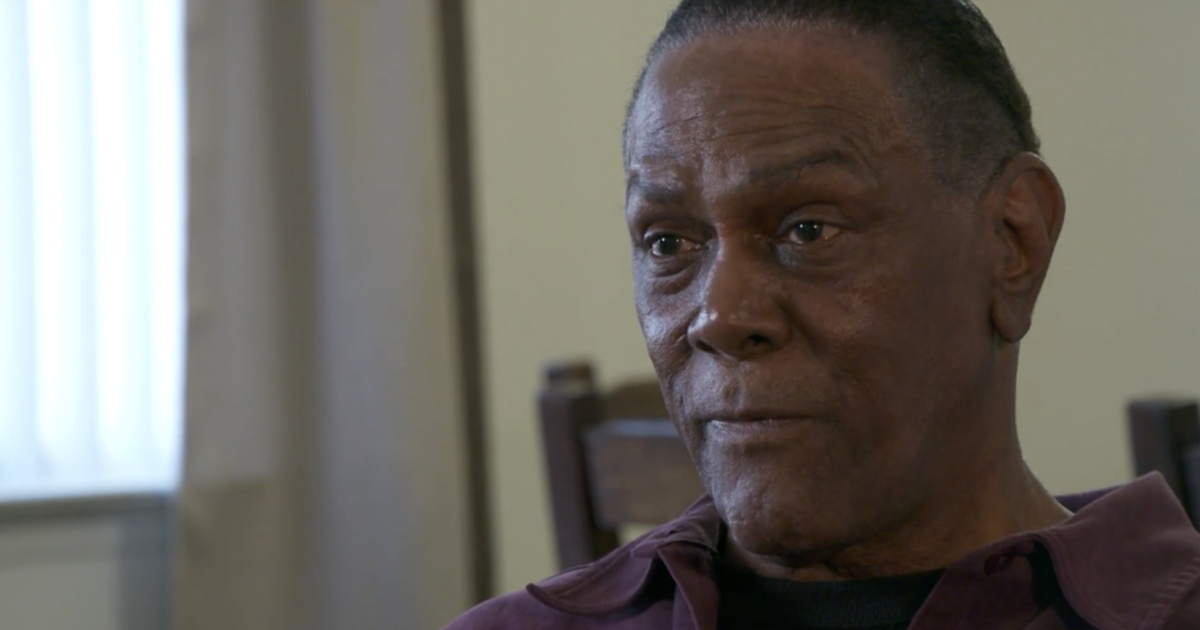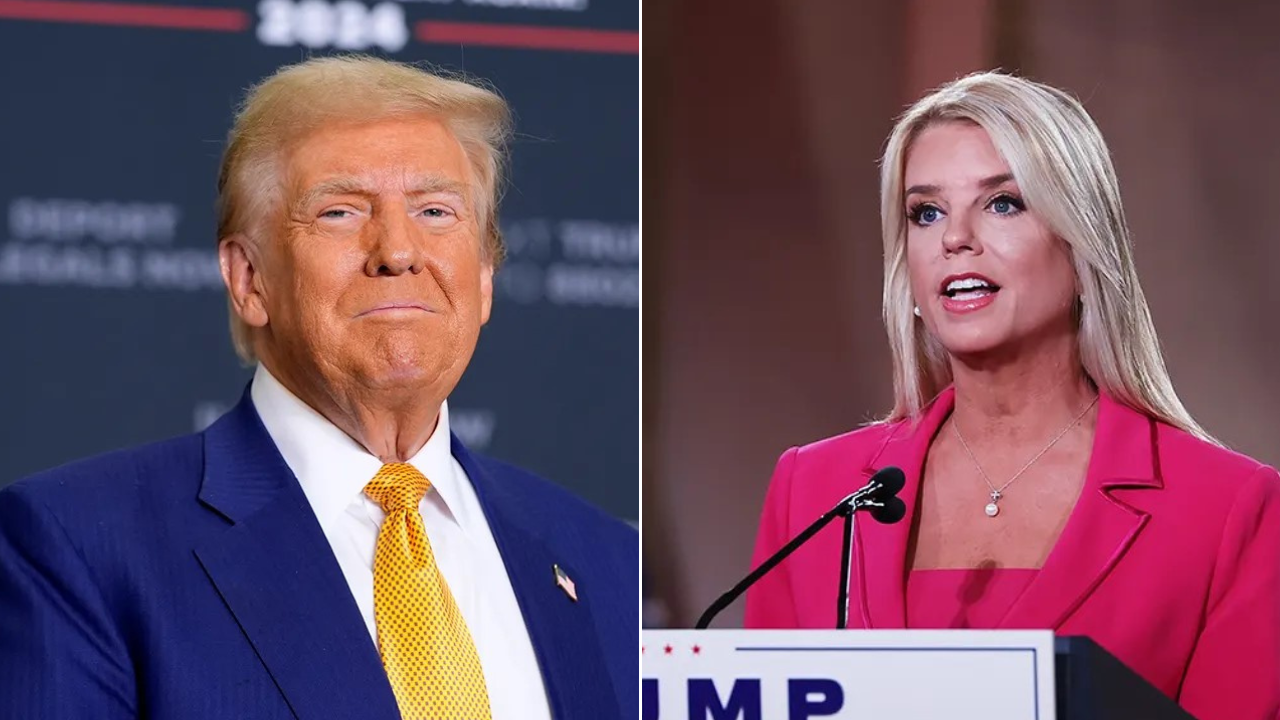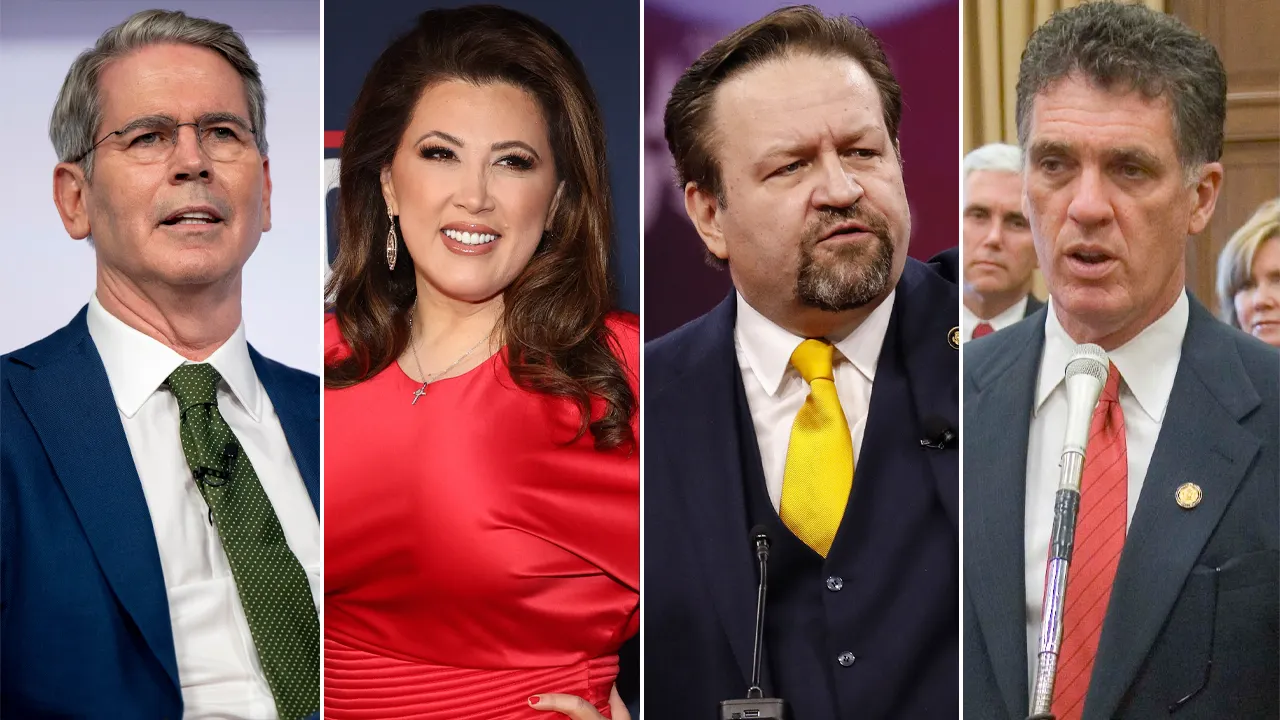California
California man cleared in shooting and freed after 33 years in prison
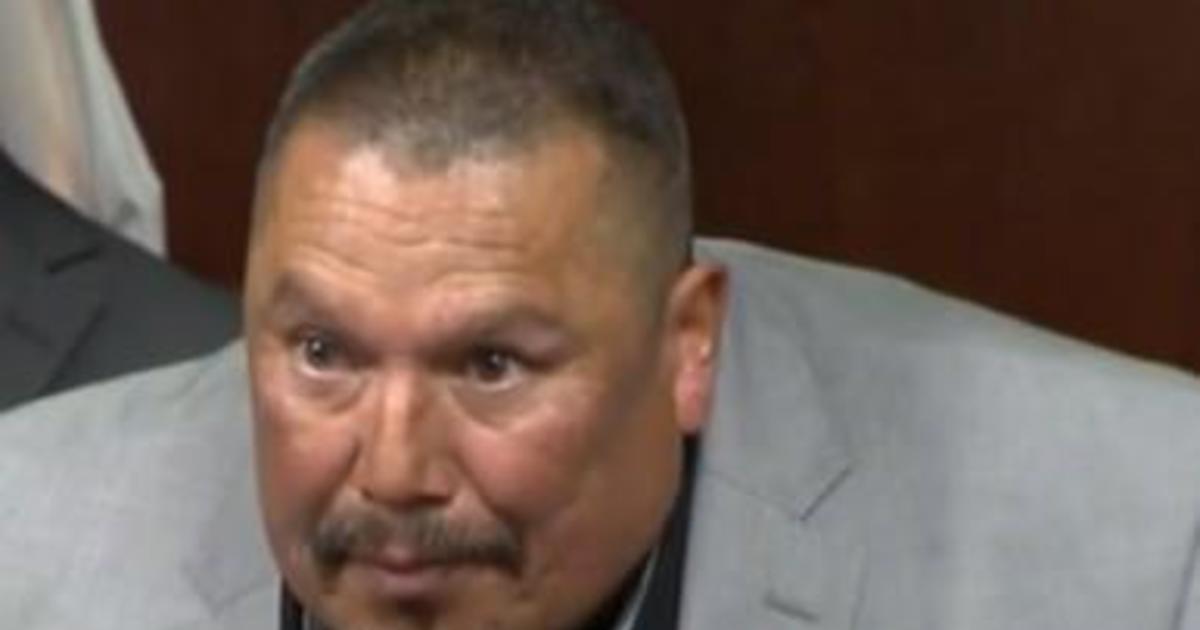
A California man who spent 33 years in prison for attempted murder has been declared innocent and freed, the Los Angeles County district attorney announced Thursday.
Daniel Saldana, 55, was convicted in 1990 of opening fire on a car containing six teenagers who were leaving a high school football game in Baldwin Park, east of Los Angeles. Two students were wounded but survived.
The attackers mistook the teens for gang members, authorities said.
Saldana was 22 at the time of the shooting and worked full-time as a construction worker. He was one of three men charged with the attack. Convicted of six counts of attempted murder and one count of shooting at an occupied vehicle, Saldana was sentenced to 45 years to life in state prison.
Saldana appeared with District Attorney George Gascón at a press conference announcing his exoneration Thursday. He said he was grateful to be freed.
“It’s a struggle, every day waking up knowing you’re innocent and here I am locked up in a cell, crying for help,” Saldana said, the Southern California News Group reports.
But, “I just knew that one day this was going to come,” Saldana said, according to CBS Los Angeles. “I’m so grateful. I just thank God.”
Gascón’s office began investigating after learning in February that another convicted attacker told authorities during a 2017 parole hearing that Saldana “was not involved in the shooting in any way and he was not present during the incident,” the DA said.
A former deputy district attorney was present at the hearing “but apparently did nothing” and failed to share the exonerating information with Saldana or his attorney as required, Gascón said.
That caused Saldana to spend an additional six years in prison before the DA’s office reopened the case and declared him innocent, Gascón said.
The district attorney didn’t disclose other details of the case but he apologized to Saldana and his family.
“I know that this won’t bring you back the decades you endured in prison,” he said. “But I hope our apology brings some small comfort to you as you begin your new life.”
Gascón added: “Not only is this a tragedy to force people into prison for a crime they did not commit, but every time that an injustice of this magnitude takes place, the real people responsible are still out there to commit other crimes.”
And though disappointed that the information took so long to reach his office, Gascón stressed the importance that justice was eventually served, CBS Los Angeles points out.
“As prosecutors, our duty is not simply to secure convictions but to seek justice,” he said in a statement. “When someone is wrongfully convicted, it is a failure of our justice system and it is our responsibility to right that wrong. We owe it to the individual who was wrongfully convicted and to the public that justice is served.”

California
72-hour rain totals across Northern California

Watch CBS News
Be the first to know
Get browser notifications for breaking news, live events, and exclusive reporting.
California
Magnitude 3.5 earthquake recorded in Malibu, California Friday afternoon

An earthquake shook along the Southern California coast Friday afternoon.
The earthquake reportedly occurred in Malibu, west of Los Angeles, at 2:15 p.m. local time, according to the U.S. Geological Survey.
The temblor, which was recorded at a depth of nearly 6 miles, measured a preliminary magnitude of 3.5.
It was not immediately clear if there was any damage.
California
California bomb cyclone brings record rain, major mudslide risk
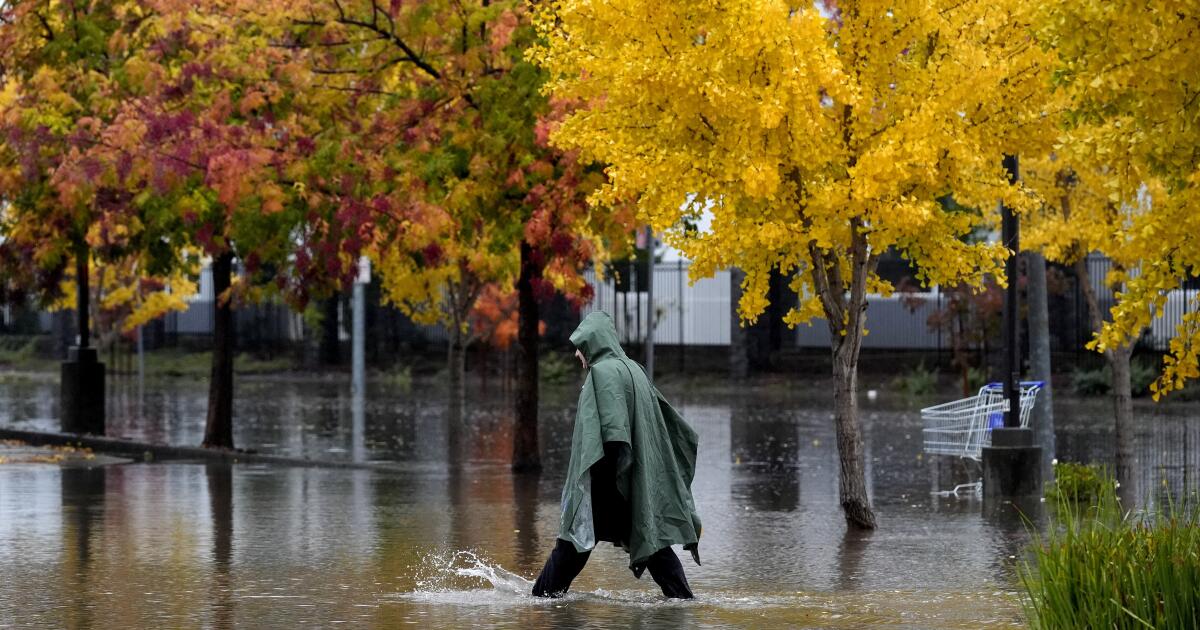
An atmospheric river dumping rain across Northern California and several feet of snow in the Sierras was making its way across the state Friday, bringing flooding and threatening mudslides along with it.
The storm, the first big one of the season, moved over California as a bomb cyclone, a description of how it rapidly intensified before making its way onshore.
On Thursday, rain poured across the northern edge of the state, slowly moving south. It rained 3.66 inches in Ukiah on Thursday, breaking the record for the city set in 1977 by a half-inch. Santa Rosa Airport saw 4.93 inches of rain on Thursday, shattering the daily record set in 2001 of 0.93 inches.
More rain is due Friday.
Cars are covered in snow during a storm in Soda Springs.
(Brooke Hess-Homeier / Associated Press)
“Prolonged rainfall will result in an increased risk of flooding, an increased risk of landslides, and downed trees and power lines across the North Bay,” the National Weather Service’s Bay Area office wrote in a Friday morning forecast.
After its initial peak, the system is expected to linger into the weekend, with a second wave of rainfall extending farther south across most of the San Francisco Bay Area, down into the Central Coast and possibly reaching parts of Southern California.
On Saturday, Los Angeles and Ventura counties could see anywhere from a tenth to a third of an inch of rain. San Luis Obispo and Santa Barbara counties could see up to an inch in some areas.
A second round of rain expected to begin Sunday could be “a little stronger than the first but still likely in the ‘beneficial rain’ category,” the National Weather Service said in its latest L.A. forecast.
Chances are low of flooding or any other significant issues in Southern California, forecasters said, though roads could be slick and snarl traffic.
Staff writer Grace Toohey contributed to this report.
-
Business1 week ago
Column: OpenAI just scored a huge victory in a copyright case … or did it?
-

 Health1 week ago
Health1 week agoBird flu leaves teen in critical condition after country's first reported case
-

 Business6 days ago
Business6 days agoColumn: Molly White's message for journalists going freelance — be ready for the pitfalls
-

 Science4 days ago
Science4 days agoTrump nominates Dr. Oz to head Medicare and Medicaid and help take on 'illness industrial complex'
-

 Politics5 days ago
Politics5 days agoTrump taps FCC member Brendan Carr to lead agency: 'Warrior for Free Speech'
-
/cdn.vox-cdn.com/uploads/chorus_asset/file/25739950/247386_Elon_Musk_Open_AI_CVirginia.jpg)
/cdn.vox-cdn.com/uploads/chorus_asset/file/25739950/247386_Elon_Musk_Open_AI_CVirginia.jpg) Technology5 days ago
Technology5 days agoInside Elon Musk’s messy breakup with OpenAI
-

 Lifestyle6 days ago
Lifestyle6 days agoSome in the U.S. farm industry are alarmed by Trump's embrace of RFK Jr. and tariffs
-

 World5 days ago
World5 days agoProtesters in Slovakia rally against Robert Fico’s populist government






